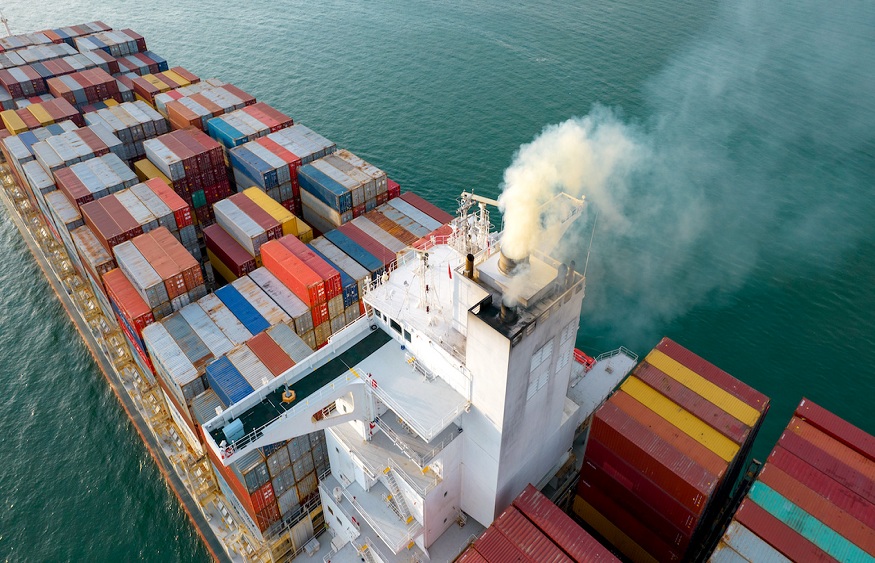For companies importing and exporting goods, transportation costs can significantly impact profit margins. While air freight has a reputation for higher costs compared to sea freight, in many situations, air cargo can reduce overall supply chain expenses. By enabling inventory reductions, minimising storage needs, and providing other savings, air freight services offer an avenue for cost control.
Just-In-Time Inventory
One major benefit of air freight’s speed is the ability to reduce inventory levels substantially. The swift transit times allow companies to adhere to just-in-time practices, receiving goods only as needed instead of requiring high-volume warehousing. Keeping less safety stock on hand reduces holding costs and risks of obsolescence or spoilage. Although air freight costs more per shipment, the supply chain savings from minimal inventory can offset higher per-unit transport fees.
Reduce Warehousing Needs
With a just-in-time inventory model enabled by air freight, companies can significantly reduce the on-site storage space needed. Air shipments eliminate the need for extra square footage dedicated to warehousing substantial safety stock volumes for long lead times. The cost savings from smaller warehouse footprints or reduced overflow leased storage space can counterbalance air freight shipping costs.
Prevent Lost Sales
For companies selling perishable or seasonal merchandise, delayed shipments via ocean freight can lead to missing key selling periods. This causes lost sales and revenue. Air freight forwarding services ensure products arrive on time to meet market demands and prevent forfeited sales. The added revenue and satisfaction from on-time inventory replenishment offsets the steeper air costs.
Supply Chain Agility
Air freight fosters supply chain agility and flexibility to changing customer demands or urgent requirements. The ability to swiftly ship smaller quantities enables a response to fluctuations that sea freight’s fixed schedules hinder. Avoiding stock-outs or rush production due to long transit lags also reduces expenses. The agility air provides ultimately controls costs across the entire supply chain.
Reduced Spoilage and Shrinkage
For time-sensitive perishable goods or temperature-controlled products, air freight minimises spoilage and loss compared to lengthy sea voyages. Even with added air freight costs, reducing waste from expired or damaged goods provides notable savings. Shrinkage control is vital for maximising profitability.
Conclusion
While air cargo requires a higher per-unit transport spend, the faster transit time and flexibility enables significant savings across the entire supply chain. Just-in-time inventory, smaller warehouse needs, maximised sales, improved agility and less waste add up to higher overall cost efficiency despite premium freight rates. Air freight services should be evaluated for their complete supply chain savings potential, not just initial shipping costs.

















+ There are no comments
Add yours